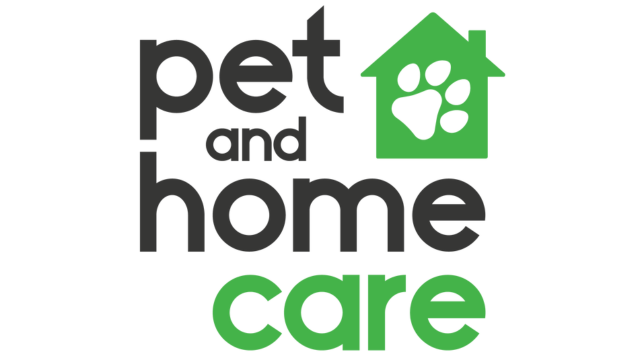Did you know that some of your favorite foods are dangerous to pets?

“It is especially important to realize that what humans eat and enjoy may be toxic to pets,” said Dr. Jack Walther, president of the AVMA. “Grapes, chocolate, raisins, avoca- dos and other seemingly harmless foods can be harmful or even fatal. Pet owners should also talk to their veterinarian about environmental hazards in their area and how to properly use flea control products.”
Clinical signs of poisoning in ani- mals may vary greatly from extreme excitement to severe depression. If you suspect that a pet has been ac- cidently poisoned, phone your veter- inarian and ask for emergency treat- ment advice. Try to determine what the poison is and how much the pet ingested.
Keep meds out of reach
Ensure that your pets don’t have ac- cess to any medications. Some hu- man medications are poisonous to pets. This includes common, over- the-counter and prescription medi- cine, including aspirin, vitamins and sleeping pills.
According to the ASPCA, just one regular-strength 200 mg ibuprofen (Motrin®) pill can trigger stomach ul- cers in a 10-pound dog.
Other commonly used human medi- cations, such as acetaminophen (Tylenol®) and other pain relievers, antidepressants and diet pills can be lethal. Ensure that your home is ‘pet proof,’ with all medicines stored safe- ly out of a pet’s reach and sight.
Common seasonal pet poisons in- clude plants such as lilies, Rhodo- dendrons, nightshade and Japanese yews; chemicals such as fertilizer, rat poisons, swimming pool treatment supplies, pest control products and antifreeze; and animals such as toads or spiders. An extensive list of poisons can be found at www.avma.org.
When it comes to accidental pet poi- sonings, prevention is paramount. In addition to the obvious toxic materi- als, pet owners need to know which outwardly innocent substances may be dangerous to their pets as well.
To your pet’s health,
Tiffany Mann (formerly Reynolds)
Pet and Home Care, LLC
301-738-2273
[email protected]
